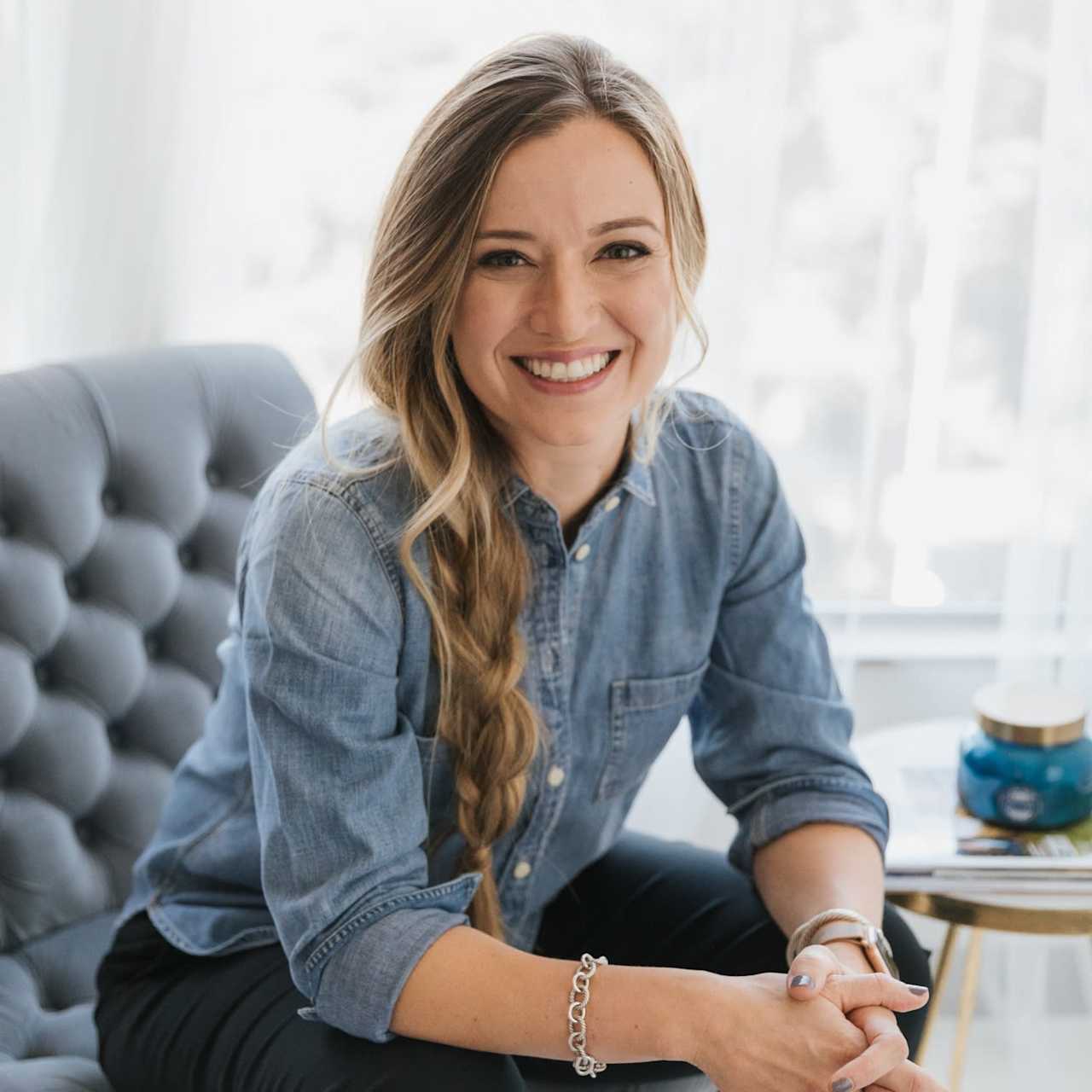Julia Monaghan stands out in the Portland, Oregon real estate landscape, bringing a unique blend of small-town values and big-city expertise. Born and raised in Bad Axe, Michigan, moving to Portland in 2007 and starting a family in 2016, Julia's roots are grounded in family, community and sincerity. She ventured into the world of real estate in 2017 armed with a Bachelor of Science in Business from Northern Michigan University and years of hospitality sales and service experience.
Portland's rich tapestry of neighborhoods, from the bustling streets of Chinatown to the serene avenues of West Linn's Willamette neighborhood, has been Julia's canvas. Living in various areas such as Ladd's Addition, Mt. Tabor, SW Portland, and Irvington has given her an intimate knowledge of the city's eclectic communities, something she enthusiastically shares with her clients.
Julia's real estate philosophy is deeply rooted in empathy and a genuine commitment to her clients' aspirations. Her knack for understanding diverse client needs, whether they are first-time homebuyers, growing families, or newcomers relocating to Portland, is unparalleled. Julia's blend of sharp negotiation skills, innovative marketing strategies, and a composed demeanor ensures a rewarding experience for her clients. Her strength lies in forging relationships, fostering open communication, and smoothing out the complexities of each transaction.




















